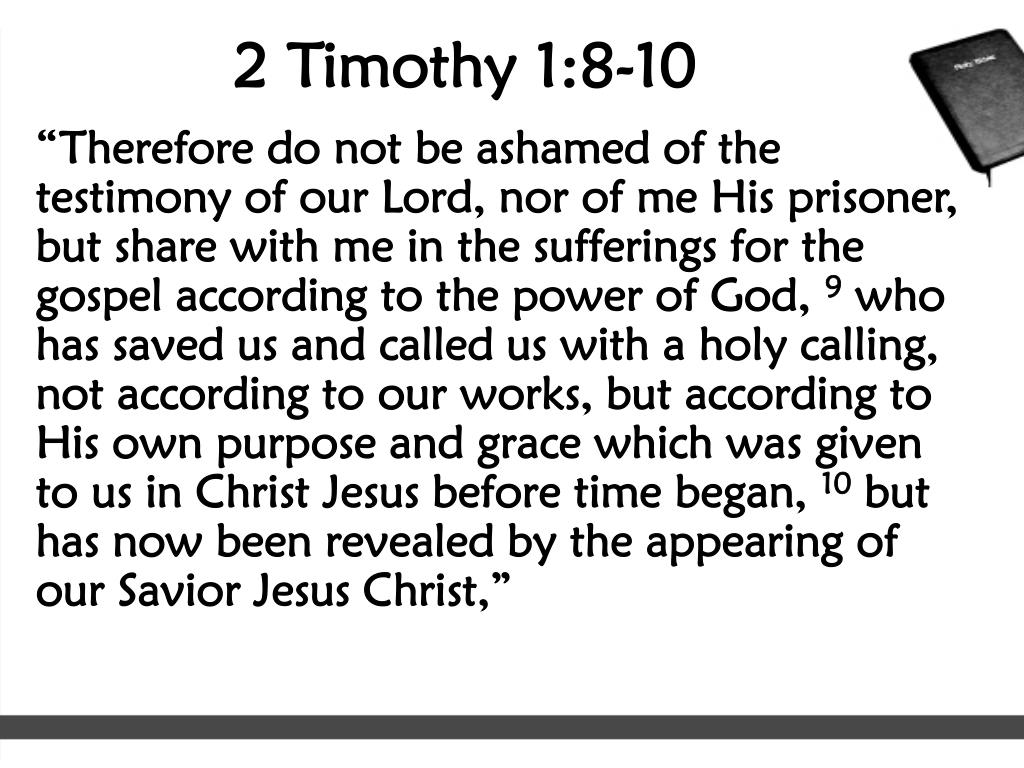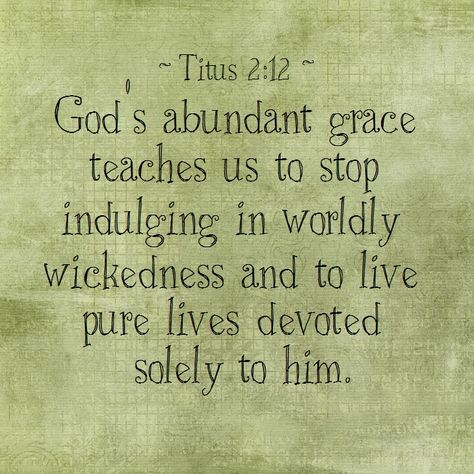A. The mercy of God to Hezekiah.
1. (1) Isaiah’s announcement to Hezekiah.
In those days Hezekiah was sick and near death. And Isaiah the prophet, the son of Amoz, went to him and said to him, “Thus says the LORD: ‘Set your house in order, for you shall die and not live.’”
a. In those days: This happened at the time of the Assyrian invasion of Judah, because Jerusalem had not been delivered from the Assyrian threat yet (Isaiah 38:6). The events of this chapter are also recorded in 2 Kings 20:1-11.
i. “Interpreters agree that the events described in chapters 38 and 39 preceded the invasion of 701 B.C. . . Many date these events in 703 B.C., but the evidence more strongly suggests a date of about 712 B.C.” (Wolf)
b. Was sick and near death: We are not told how Hezekiah became sick. It may have been through something obvious to all, or it may have been through something known only to God. However Hezekiah became sick, it was certainly permitted by the LORD.
c. Set your house in order, for you shall die and not live: God was remarkably kind to Hezekiah, telling him that his death was near. Not all people are given the time to set your house in order.
i. We know from comparing 2 Kings 18:2 with 2 Kings 20:6, that Hezekiah was 39 years old when he learned he would soon die.
2. (2-3) Hezekiah’s prayer.
Then Hezekiah turned his face toward the wall, and prayed to the LORD, and said, “Remember now, O LORD, I pray, how I have walked before You in truth and with a loyal heart, and have done what is good in Your sight.” And Hezekiah wept bitterly.
a. Hezekiah turned his face toward the wall: This shows how earnest Hezekiah was in his prayer. He directed his prayer in privacy to God, and not to any man.
b. Remember now, O LORD: To our ears, Hezekiah’s prayer might almost sound ungodly. In it, his focus is on self-justification and his own merits. It is pretty much as if Hezekiah prayed, “LORD, I’ve been such a good boy and You aren’t being fair to me. Remember what a good boy I’ve been and rescue me.”
i. But under the Old Covenant, this was a valid principle on which to approach God. Passages like Leviticus 26 and Deuteronomy 28 show that under the Old Covenant, blesssing and cursing was sent by God on the basis of obedience or disobedience. On that principle, David could write in Psalm 15: LORD, who may abide in Your tabernacle? Who may dwell in Your holy hill? He who walks uprightly, and works righteousness, and speaks the truth in his heart. (Psalm 15:1-2)
ii. But under the New Covenant, we are blessed on the principle of faith in Jesus (Galatians 3:13-14). Hezekiah’s principle of prayer isn’t fitting for a Christian today. We pray in the name of Jesus (John 16:23-24), not in the name of who we are or what we have done.
iii. “We come across similar pleas again and again in the prayers of God’s children of old. The Psalms abound with them. But we do not find them in the New Testament. The Church bases its pleas on Christ’s righteousness.” (Bultema)
c. And Hezekiah wept bitterly: Why was Hezekiah so undone at the prospect of death? Many Christians today would say, “Take me home, LORD!” But Hezekiah lived under the Old Covenant, and at that time there was not a confident assurance of the glory in the life beyond. Instead, Jesus brought life and immortality came to light through the gospel (2 Timothy 1:10). Also, under the Old Covenant Hezekiah would have regarded this as evidence that God was very displeased with him.
3. (4-5) Isaiah brings God’s answer to Hezekiah’s prayer.
And the word of the LORD came to Isaiah, saying, “Go and tell Hezekiah, ‘Thus says the LORD, the God of David your father: “I have heard your prayer, I have seen your tears; surely I will add to your days fifteen years.”’”
a. I will add to your days fifteen years: In response to Hezekiah’s prayer, God granted Hezekiah fifteen years more.
i. Because Hezekiah recovered, was God’s word (You shall die and not live, Isaiah 38:1) proved false? No; first, Hezekiah did in fact die, just not as soon as God first announced. Second, when God announces judgment it is almost always an invitation to repent and to receive mercy.
b. I have heard your prayer: Hezekiah’s prayer was important. By all indications, if Hezekiah had not made his passionate prayer, then his life would not have been extended. Prayer matters!
i. In fact, God gave two gifts to Hezekiah. First, He gave the gift of an extended life. Second, He gave the gift of knowing he only had fifteen years left. If he were wise, this would still give King Hezekiah the motivation to walk right with God and to set his house in order.
4. (6) The promise of deliverance from the Assyrian threat.
“I will deliver you and this city from the hand of the king of Assyria, and I will defend this city.”
a. This promise is in accord with the LORD’s previous prophecies of deliverance, and dates this chapter as being before God destroyed the Assyrian army (Isaiah 37:36-37).
b. The connection of the two promises indicates that one would confirm the other. When Hezekiah recovered his health, he could know that God would also deliver him from the Assyrians.
5. (7-8) A sign to confirm the promise.
“And this is the sign to you from the LORD, that the LORD will do this thing which He has spoken: Behold, I will bring the shadow on the sundial, which has gone down with the sun on the sundial of Ahaz, ten degrees backward.” So the sun returned ten degrees on the dial by which it had gone down.
a. This is the sign . . . that the LORD will do this thing which He has spoken: God showed even more mercy to Hezekiah. God was under no obligation to give this sign. In fact, God would have been justified in saying, “Hey Hezekiah, I said it and you believe it. How dare you not take My word for true?” But in real love, God gave Hezekiah more than he needed or deserved.
i. God shows the same mercy to us. It should be enough for God to simply say to us, “I love you.” But God did so much to demonstrate His love to us (John 3:16, Romans 5:8).
b. Behold, I will bring the shadow of the sundial . . . ten degrees backward: God promised to do something completely miraculous for the confirming sign. And it happened just as God promised: So the sun returned ten degrees on the dial by which it had gone down.
i. This was a wonderfully appropriate sign for Hezekiah. By bringing the shadow of the sundial move backward, it gave more time in a day - just as God gave Hezekiah more time.
ii. How was this miracle accomplished? We simply don’t know. God could have simply “moved the sun back.” Or, He may have simply provided the miraculous appearance of it on the sundial of Ahaz. It doesn’t really matter how God did it; He has miraculous resources and ways we know nothing about.



